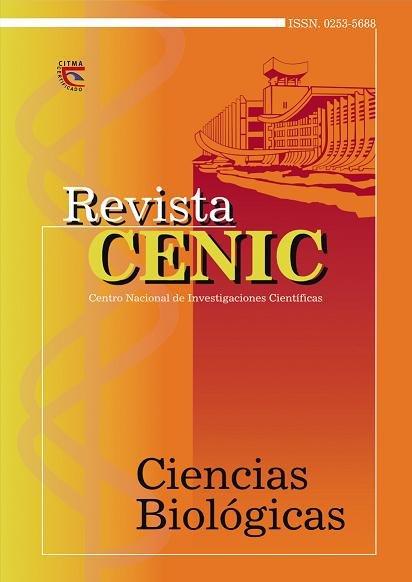El ozono: una alternativa sustentable en el tratamiento poscosecha de frutas y hortalizas
Abstract
An analysis about the results and the application conditions with the objective to evaluate the ozone as a
sustainable alternative for fruits and vegetables postharvest treatment was carried out. The information recovery was based
on databases, web sites, and specialized journals in the field. Information from abstracts and published papers, mostly
from 1999 to 2009, it was classified by different aspects of interest. The EndNote software was used to create a database
in order to manage information efficiently. Some results were assessed concerning ozone application in the gaseous and
aqueous phases for fruits and vegetables treatment, storage and processing. The application of ozone under relatively
low concentrations and short contact times, allows the inactivation of microorganisms, ensures the quality of agricultural
product and increases its resistance to spoilage. Ozone is a strong antimicrobial agent and it spontaneously decomposes
to oxygen without forming toxic residues. The washing process water can be reused with the ozone use, decreasing costs
of operation and environmental impact of effluents. The use of ozone should be considered a sustainable alternative in
the postharvest treatment of fruits and vegetables, and it requires a place in the strategy for sustainable development,
in both developed and developing countries, taking into account the necessity of agricultural production increase and
the search for viable alternatives for treatment and conservation of these agricultural products. It is recommended to
undertake, for each product, a previous study of treatment conditions and an integral analysis of the management system
to achieve a major impact and feasibility by using ozone.
Downloads

Downloads
Published
How to Cite
Issue
Section
License

This work is licensed under a Creative Commons Attribution-NonCommercial-ShareAlike 4.0 International License.
Los autores que publican en esta revista están de acuerdo con los siguientes términos:
Los autores conservan los derechos de autor y garantizan a la revista el derecho de ser la primera publicación del trabajo al igual que licenciado bajo una Creative Commons Atribución-NoComercial-CompartirIgual 4.0 Internacional que permite a otros compartir el trabajo con un reconocimiento de la autoría del trabajo y la publicación inicial en esta revista.
Los autores pueden establecer por separado acuerdos adicionales para la distribución no exclusiva de la versión de la obra publicada en la revista (por ejemplo, situarlo en un repositorio institucional o publicarlo en un libro), con un reconocimiento de su publicación inicial en esta revista.
Se permite y se anima a los autores a difundir sus trabajos electrónicamente (por ejemplo, en repositorios institucionales o en su propio sitio web) antes y durante el proceso de envío, ya que puede dar lugar a intercambios productivos, así como a una citación más temprana y mayor de los trabajos publicados (Véase The Effect of Open Access) (en inglés).














